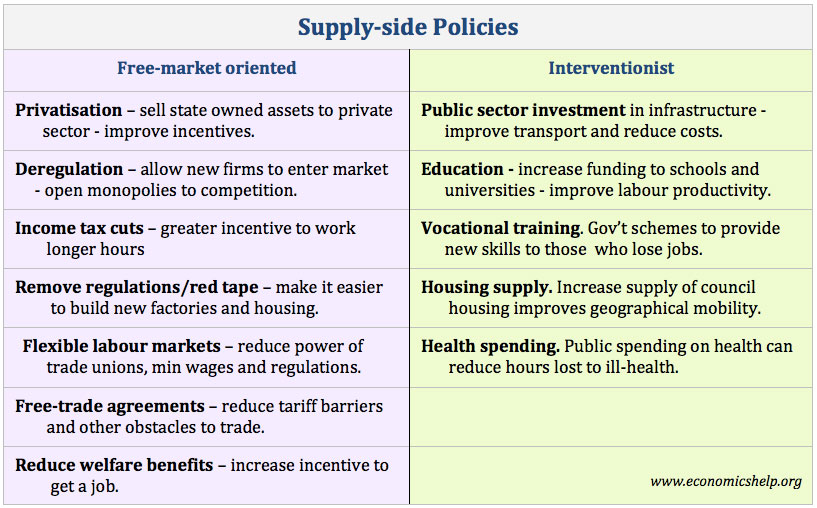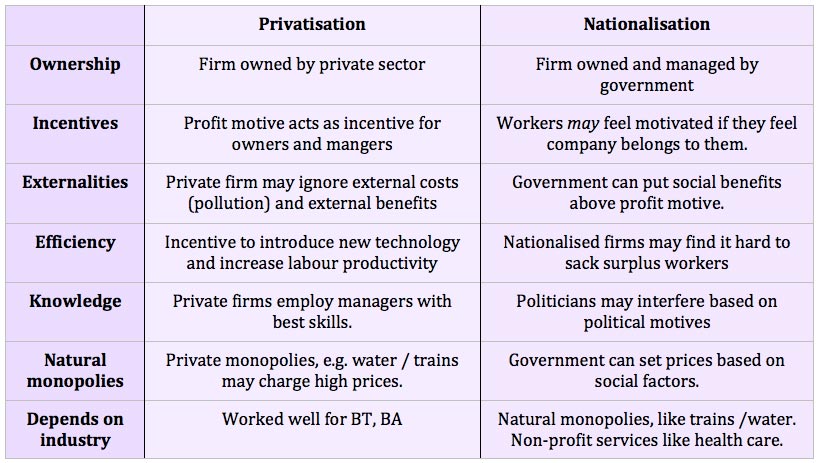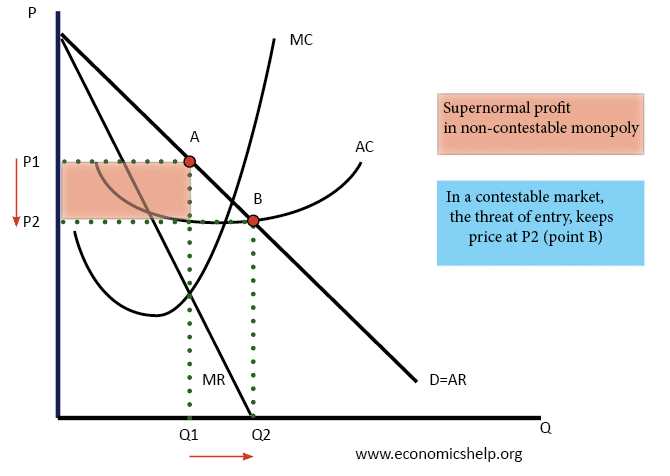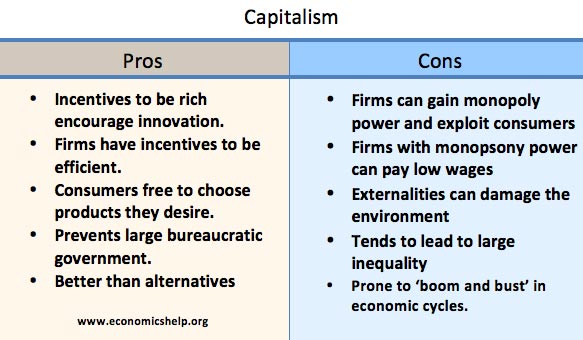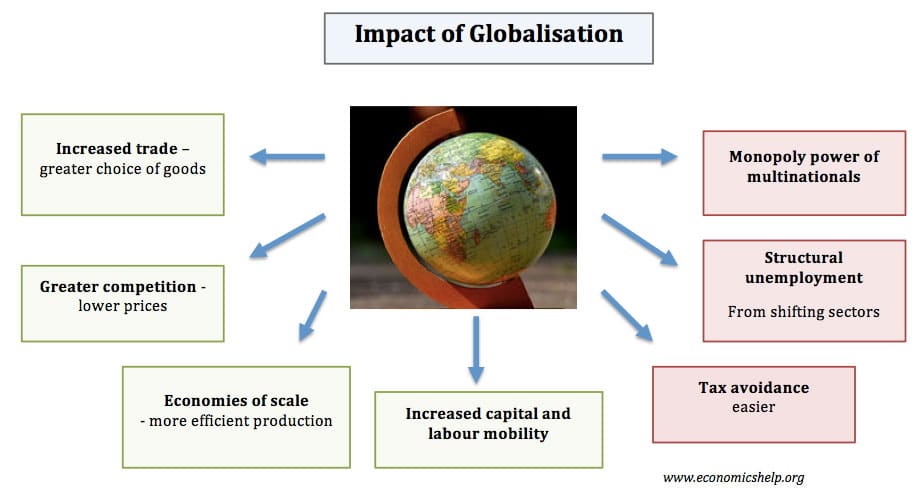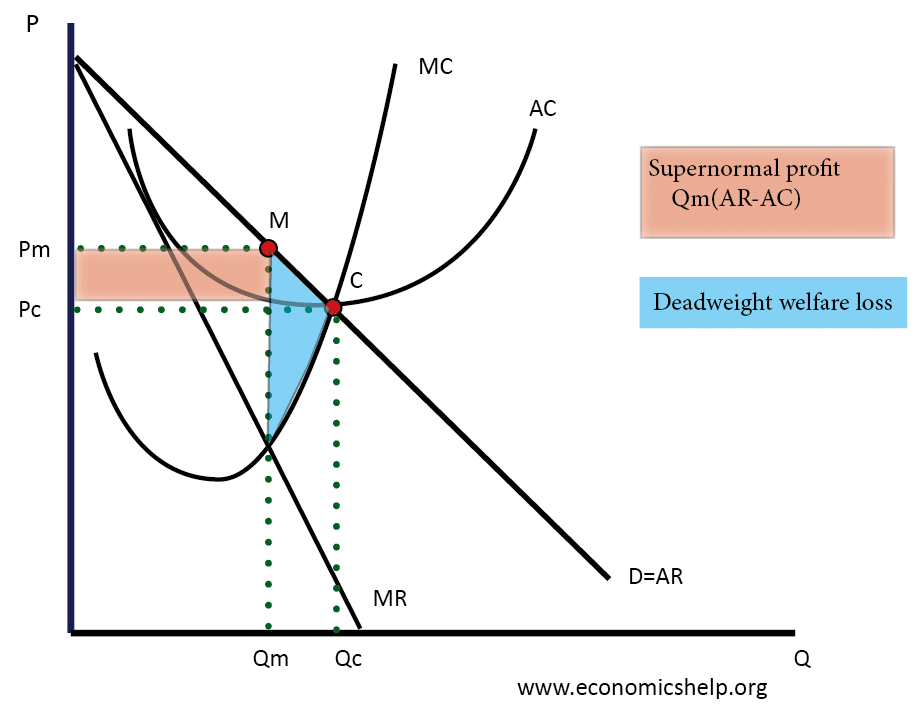Pros and cons of government intervention
A key economic debate is the extent to which should governments intervene in the economy? At one extreme, free-market economists/libertarians, argue that government intervention should be limited to all but the most basic services, such as the protection of private property and the maintenance of law and order. At the other extreme, Marxist economists argue …

